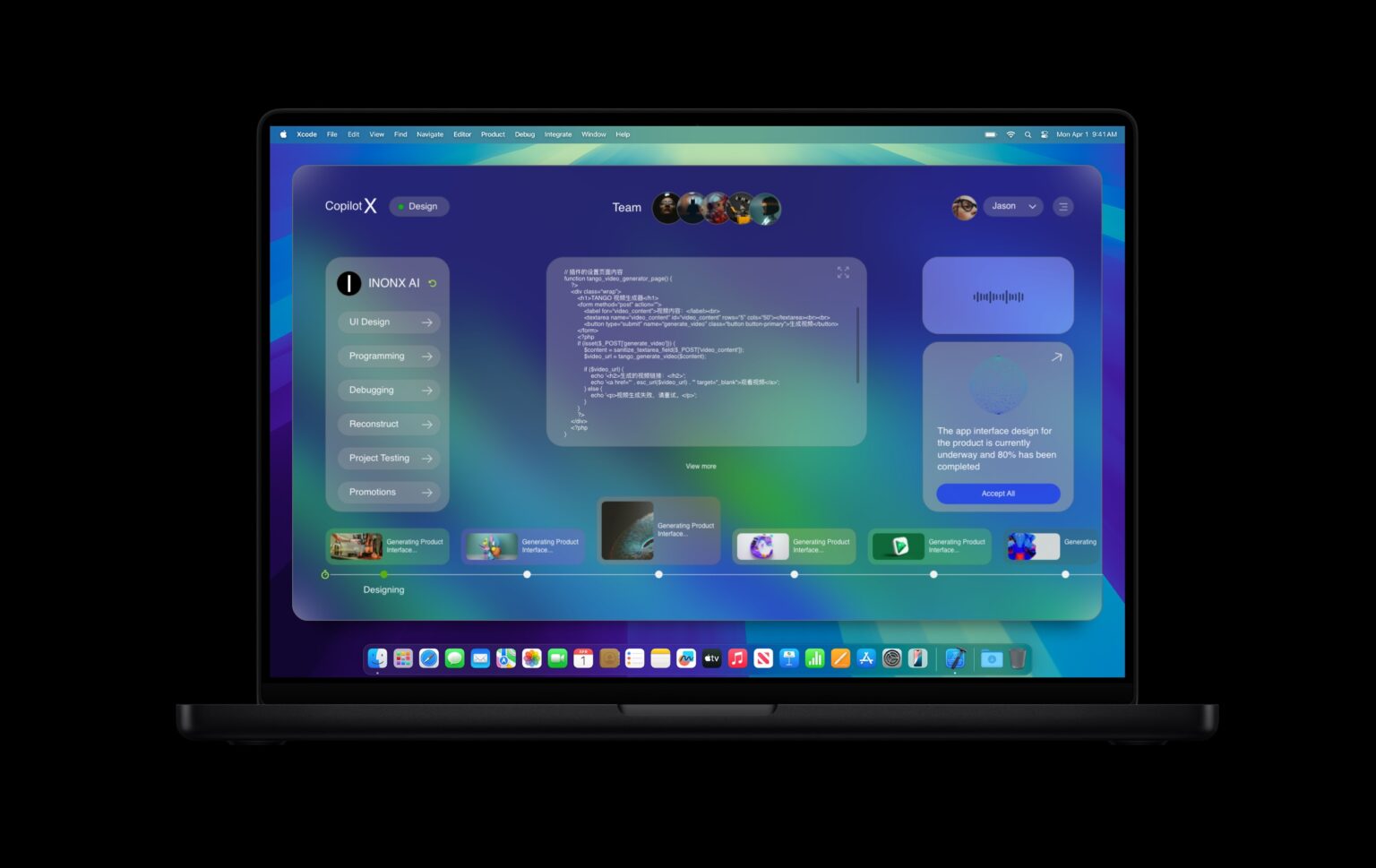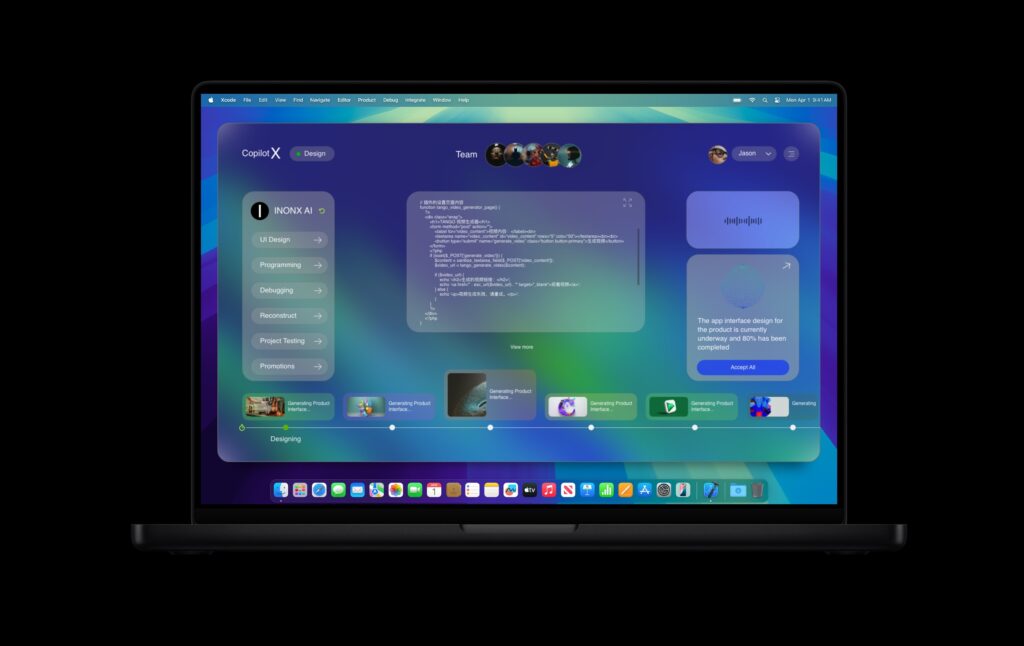Artificial Intelligence (AI) has evolved from a niche technology into a critical driver of innovation across numerous industries. Its applications are revolutionizing how businesses operate, particularly in digital marketing. Organizations are increasingly leveraging AI-based predictive modeling and AI-powered personalization to enhance customer experiences and optimize marketing strategies. This article explores these trends and provides insights into their implications for the future of digital marketing.
.
**Understanding AI-based Predictive Modeling**
AI-based predictive modeling refers to the use of algorithms and statistical techniques that analyze historical data to predict future outcomes. In digital marketing, this can involve forecasting consumer behavior, sales trends, and campaign efficacy. Companies can uncover hidden patterns, enabling them to make informed strategic decisions. For instance, predictive analytics can anticipate which products a customer is likely to purchase, allowing marketers to tailor their offerings accordingly.
.
The rapid convergence of AI and big data has made predictive modeling more accessible and insightful than ever. Businesses can sift through vast quantities of customer data, including past interactions, demographics, and online behavior, to create a nuanced picture of future purchasing trends. This allows for precision targeting, which translates to better return on investment (ROI) for marketing efforts.
.
Predictive analytics tools are powerful assets for marketing departments. Organizations like Amazon and Netflix exemplify this, using advanced algorithms to recommend products or shows based on previous consumption behavior. According to a report by McKinsey, these types of AI-driven insights can enhance conversion rates by up to 30%. This exemplifies how predictive modeling can fundamentally shift a company’s approach to customer engagement and retention.
.
**AI-Powered Personalization: Elevating Customer Experience**
Closely related to predictive modeling is AI-powered personalization, which focuses on delivering tailored experiences to individual users based on their behavior, preferences, and past interactions. Personalization is crucial in today’s digital marketing landscape, where consumers expect brands to have an intimate understanding of their needs.
.
AI-powered personalization utilizes machine learning algorithms to analyze a customer’s behavior in real-time. By understanding a customer’s actions, preferences, and interactions with a brand, marketers can send highly relevant content, product recommendations, and promotions that resonate with the customer. This not only enhances user experience but also builds customer loyalty and improves conversion rates.
.
The success of AI-powered personalization is evident in companies like Spotify and Facebook. Spotify’s algorithm curates daily playlists based on listening habits, while Facebook’s advertising platform serves ads based on a user’s interactions and interests. These companies have shown that by making customer experiences personal, businesses can foster deeper relationships and increase customer lifetime value.
.
Furthermore, research from Salesforce indicates that 72% of consumers only engage with personalized messaging. This statistic highlights the necessity for marketers to invest in AI technologies that allow for dynamic personalization. Failure to adapt to this trend could result in disengaged consumers who turn to competitors that better meet their expectations.
.
**AI for Digital Marketing: Trends, Solutions, and Best Practices**
As AI continues to shape the digital marketing landscape, it’s essential for marketers to stay informed about emerging trends and best practices. One notable trend is the growing popularity of AI chatbots. These conversational agents provide 24/7 customer support, addressing inquiries and guiding users through their purchasing journey while delivering a personalized experience.
.
Moreover, advancements in Natural Language Processing (NLP) have made it possible for AI to analyze the sentiment behind customer reviews and feedback. By understanding customer sentiment, brands can adjust their marketing strategies to align more closely with consumer perceptions. Companies like Google and Amazon harness sentiment analysis to revise their marketing messages and campaigns effectively.
.
AI is also revolutionizing content creation and curation. Tools like OpenAI’s GPT-3 and Copy.ai utilize deep learning algorithms to create relevant content for specific audiences. These applications not only save time but also generate high-quality material tailored to consumer interests. However, marketers must remember that while AI can assist in content creation, human oversight is essential to ensure relevance and brand voice consistency.
.
Another emerging solution is programmatic advertising, where AI algorithms manage ad placements in real-time, optimizing for performance based on user engagement data. This technology streamlines the buying and selling of ad space, ensuring that digital ads reach the right audience at the right time, thereby maximizing ROI.
.
**Industry Applications of AI in Digital Marketing**
Various industries are embracing AI-driven strategies to enhance their marketing efforts. The e-commerce sector, for example, utilizes personalized recommendations algorithms to boost sales. Retail giants like eBay and Walmart employ AI models that analyze shopping patterns and preferences to offer tailored suggestions to each customer.
.
In the travel industry, companies like Booking.com and Expedia leverage AI to provide personalized travel recommendations based on previous searches and bookings. By analyzing user behavior, these platforms can suggest tailored travel packages and experiences that meet individual customer needs.
.
The automotive industry has also surfaced as a significant early adopter of AI-based predictive modeling. Firms like Tesla use AI to forecast demand for specific vehicle models by analyzing consumer preferences, economic indicators, and seasonal trends to adjust their marketing strategies accordingly.
.
The financial sector is increasingly relying on AI for customer engagement. By utilizing predictive analytics, banks can predict which customers might be interested in certain financial products, offering personalized and timely recommendations. In addition, AI can enhance fraud detection systems, providing another layer of customer protection.
.
**Technical Insights: Implementing AI in Digital Marketing**
Integrating AI effectively into digital marketing strategies requires a clear understanding of the technology and its optimal applications. Organizations should first identify their unique business goals and how AI can help in achieving them. Collaboration across departments—between IT, marketing, and data analytics—is vital to ensure a seamless implementation of AI solutions.
.
It’s also important for businesses to invest in a robust data infrastructure. The quality of data significantly influences the effectiveness of AI models. Thus, companies should prioritize data collection, storage, and management practices that enhance data accuracy and accessibility.
.
Training staff on both the technical and strategic aspects of AI will further empower marketing teams to leverage technology effectively. Continued education about AI’s evolving capabilities will ensure that marketing professionals can implement the latest tools and stay ahead of industry trends.
.
**Conclusion: The Road Ahead for AI in Digital Marketing**
As we move forward, the role of AI in digital marketing is set to become even more pronounced. Organizations that embrace AI technologies—particularly predictive modeling and personalization—have a significant opportunity to improve customer engagement, drive sales, and foster brand loyalty.
.
In an increasingly competitive landscape, being proactive in adapting to these trends will be essential for business growth. As tools and technologies evolve, marketers who recognize and adopt AI’s transformative potential will be best positioned to meet the changing expectations of consumers and thrive in the digital age.
.
Sources:
1. McKinsey & Company. “How AI is reshaping marketing and sales.” [mckinsey.com](https://www.mckinsey.com/featured-insights/artificial-intelligence/ai-in-marketing-and-sales)
2. Salesforce. “State of the Connected Customer.” [salesforce.com](https://www.salesforce.com/resources/research-reports/state-of-the-connected-customer/)
3. OpenAI. “About GPT-3.” [openai.com](https://openai.com/research/gpt-3)
4. Gartner. “Predicts 2022: Marketing Leaders to Embrace AI to Enhance Customer Experiences.” [gartner.com](https://www.gartner.com/en/newsroom/press-releases/2021-10-12-gartner-says-marketing-leaders-should-embrace-ai-to-enhance-customer-experiences)
5. Harvard Business Review. “Why AI is the Future of Marketing.” [hbr.org](https://hbr.org/2020/01/why-ai-is-the-future-of-marketing)
End of Article.
























